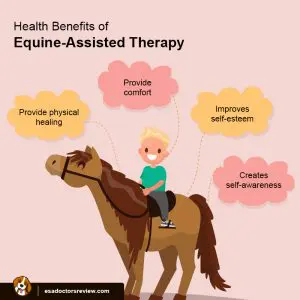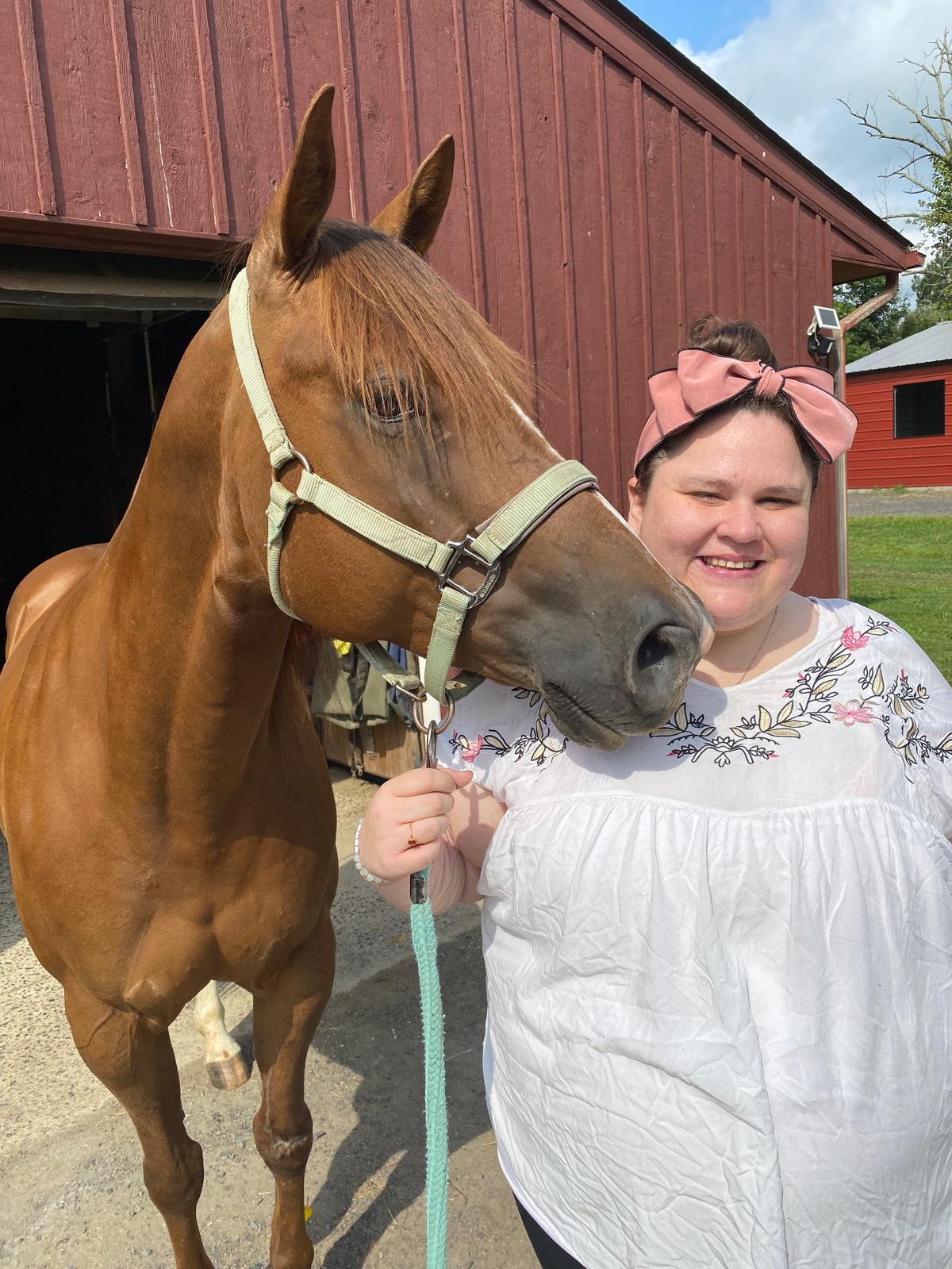Horses & Mental Health: Exploring the Therapeutic Bond

Horses have long been companions to humans, not just as working animals or sport partners, but increasingly as allies in mental health and emotional well-being. This article delves into the multifaceted relationship between horses and mental health, highlighting how equine-assisted therapies and interactions can foster healing and personal growth.
Table of Contents

- Introduction to Equine-Assisted Therapy
- Psychological Benefits of Horse Interaction
- How Horses Help with Specific Mental Health Conditions
- The Science Behind Equine Therapy
- Practical Ways to Engage with Horses for Mental Wellness
- Frequently Asked Questions (FAQ)
1. Introduction to Equine-Assisted Therapy
Equine-Assisted Therapy (EAT) is a form of experiential therapy that involves interactions between patients and horses to promote emotional growth and healing. It is used by mental health professionals to support individuals dealing with anxiety, depression, PTSD, and other psychological challenges.
Key Components:
- Groundwork: Activities such as grooming and leading horses that build trust and communication.
- Riding Therapy: Therapeutic riding sessions that improve physical and emotional balance.
- Equine-Facilitated Psychotherapy (EFP): Incorporates horses into traditional psychotherapy sessions.
2. Psychological Benefits of Horse Interaction
Interacting with horses can lead to numerous mental health benefits, including:
- Stress Reduction: The calming presence of horses helps lower cortisol levels.
- Improved Emotional Regulation: Horses respond to human emotions, encouraging self-awareness.
- Enhanced Social Skills: Group therapy with horses fosters communication and teamwork.
- Increased Confidence and Self-Esteem: Successfully managing and caring for a large animal builds empowerment.
3. How Horses Help with Specific Mental Health Conditions
| Condition | How Horses Help |
|---|---|
| Anxiety | Horses provide grounding and promote mindfulness. |
| Depression | Interaction encourages positive engagement and routine. |
| PTSD | Horses help patients process trauma in a safe environment. |
| Autism Spectrum | Improves social interaction and sensory integration. |
4. The Science Behind Equine Therapy
Research shows that equine therapy can positively affect brain chemistry and emotional regulation. Studies indicate:
- Decreased cortisol and increased oxytocin levels after horse interaction.
- Improved neural connectivity related to emotional processing.
- Enhanced mindfulness and present-moment awareness.
These findings support the integration of horses into mental health treatment plans.
5. Practical Ways to Engage with Horses for Mental Wellness
If you’re interested in exploring the benefits of horses for mental health, consider:
- Participating in equine-assisted therapy programs.
- Volunteering at local stables or therapeutic riding centers.
- Taking riding lessons focused on mindfulness and emotional connection.
- Spending time grooming and caring for horses to build trust.
6. Frequently Asked Questions (FAQ)
Q1: Is equine therapy suitable for everyone?
A: While beneficial for many, it is important to consult with a healthcare provider to determine suitability.
Q2: How long does it take to see mental health benefits?
A: Benefits can vary; some individuals notice improvements after a few sessions, while others may require longer engagement.
Q3: Are there risks involved in equine therapy?
A: Like any physical activity, there are risks, but professional programs prioritize safety and tailored approaches.
Horses offer a unique and powerful avenue for mental health support, blending physical activity, emotional connection, and therapeutic techniques. Whether through formal therapy or casual interaction, the bond with horses can be a transformative experience for many individuals seeking mental wellness.
